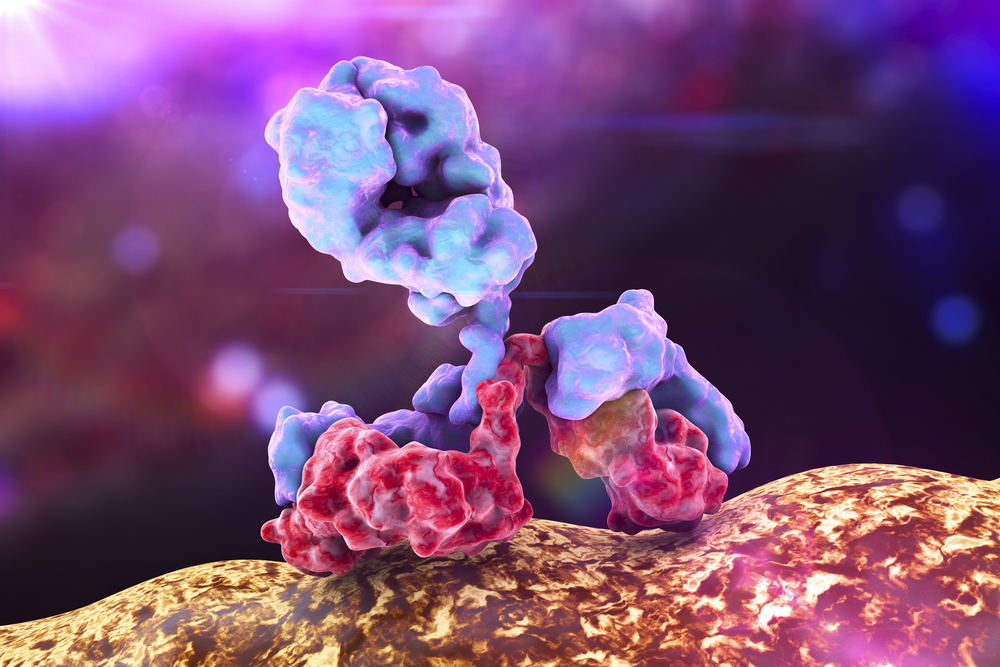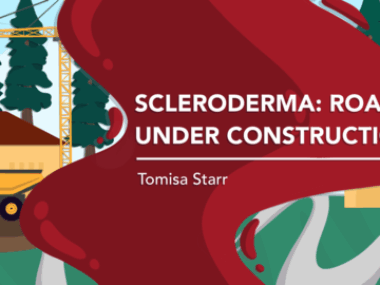Antibodies That Attack Inflammatory Immune Cells May Work to Treat Scleroderma
Written by |

Antibodies against a protein selectively expressed on certain types of immune system cells were seen to prevented fibrosis in rodent models of scleroderma and lung fibrosis, according to data presented at the 1st International Conference on Tissue Repair, Regeneration and Fibrosis that recently concluded in Greece.
The protein is known as Siglec-8, and anti-Siglec-8 antibodies could potentially benefit a wide spectrum of patients with conditions where fibrosis is a major contributor to the disease, such as in scleroderma.
“Our preclinical results demonstrate that a Siglec-8 antibody can reduce key fibrotic processes in multiple animal models,” said Dr. Nenad Tomasevic, vice president of Research at Allakos, the company developing the antibodies, in a press release.
Siglec-8 is selectively expressed on mast cells (also known as mastocytes) and eosinophils — both types of white blood cells. These two immune cells are essential components of allergic inflammation, as well as innate and adaptive immunity, and are involved in a wide range of allergic and inflammatory conditions.
Mast cells and eosinophils also play an important role in the development and progression of fibrosis, a normal repair mechanism in response to injury. But excessive fibrosis can cause diseases like scleroderma, interfering with proper organ function and leading to organ failure.
The antibodies developed by Allakos bind to Siglec-8 receptor, inhibiting the function of mast cells and triggering the programmed death of eosinophils. Some of the antibodies can also kill mast cells and eosinophils by activating a natural process called antibody-dependent cell mediated cytotoxicity.
Allakos has two lead anti-Siglec-8 antibody drug candidates that target mast cells and eosinophils, AK001 and AK002.
AK001 is currently being tested in a Phase 2 clinical trial (NCT02734849) in patients with moderate to severe nasal polyposis, a condition where non-cancerous growths develop within the nose or sinuses. AK002 is being tested in a Phase 1 clinical trial (NCT02859701) to assess its safety in healthy volunteers, and in a second trial (NCT02808793) in patients with systemic mastocytosis, a rare mast cell activation disease.
The company is planning to start testing AK002 in patients with fibrotic diseases in the second half of 2017.





